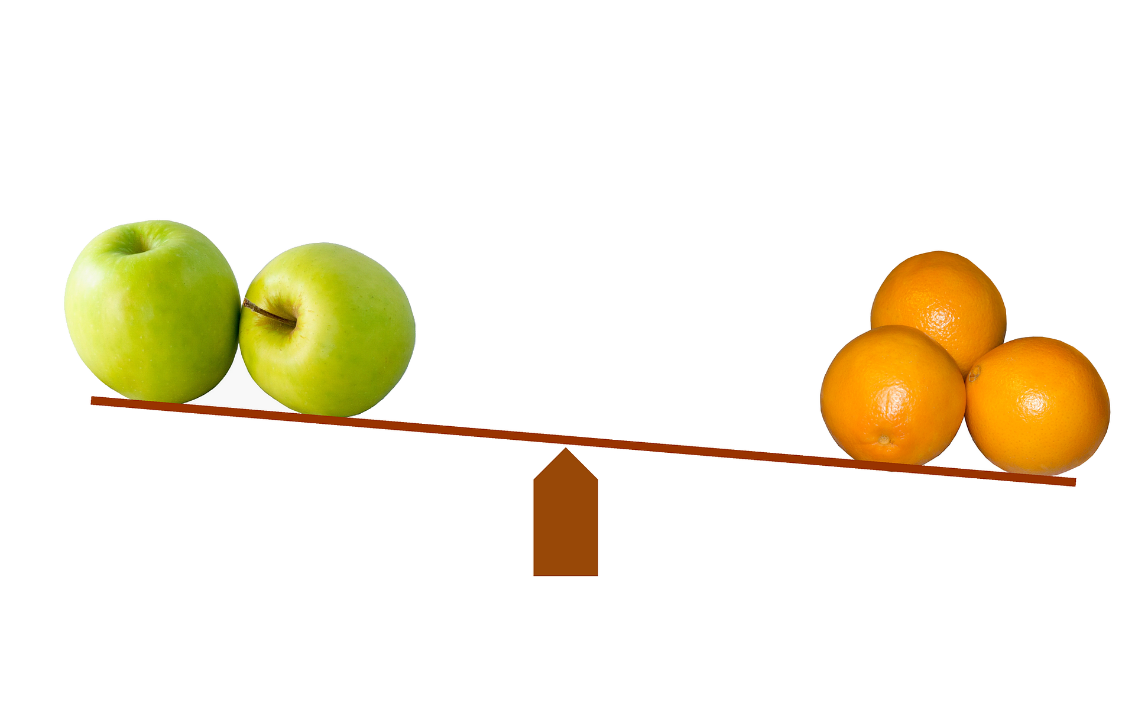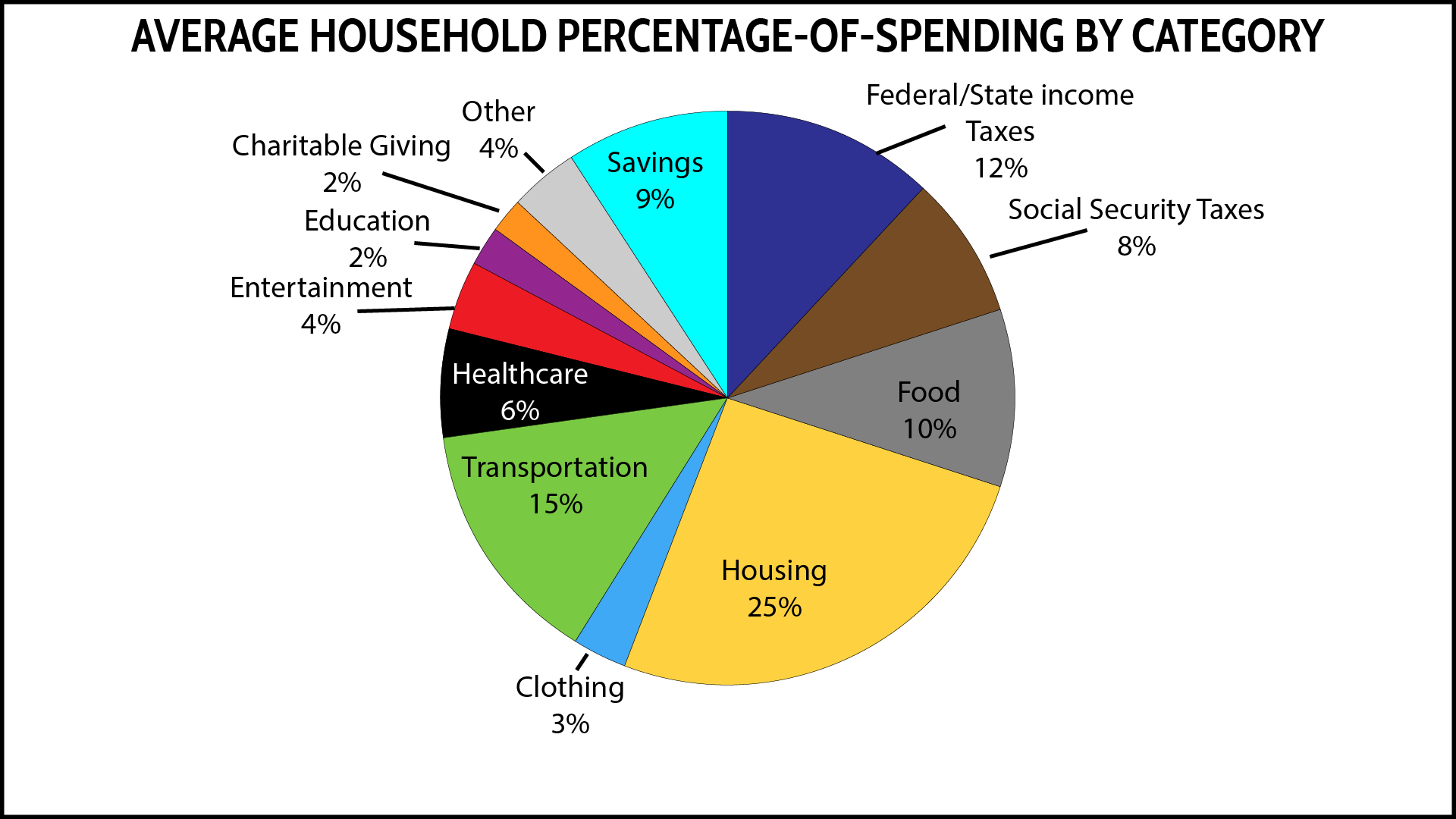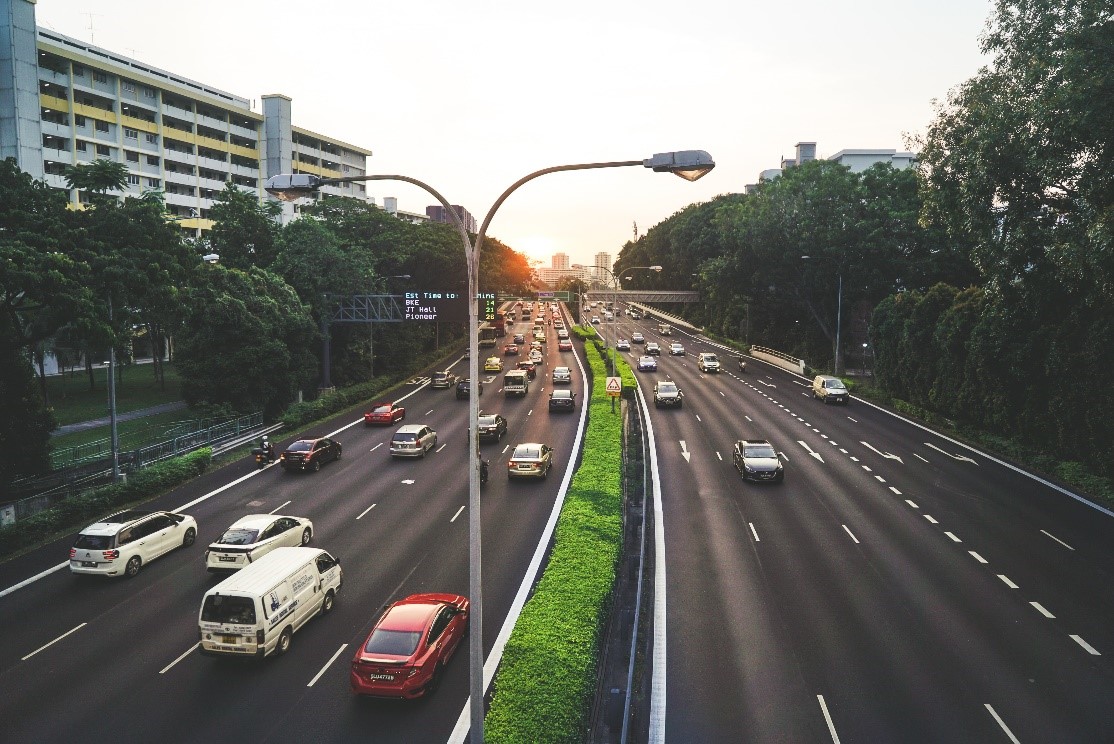Key Takeaways
- It’s human nature to compare ourselves to others, and comparing incomes and lifestyles are no exceptions.
- There appears to be a “happiness threshold” where one’s happiness doesn’t increase with incomes over $75,000.
- Understand that living within one’s means is going to vary, based on income levels, so rather than compare yourself, consider what makes sense for you.
The late comedian, George Carlin, had an interesting thing to say about driving. He said, “Have you ever noticed that anybody driving slower than you is an idiot, and anyone going faster than you is a maniac?” It’s an astute observation, and versions of this can be applied to a lot of areas in life, not just driving. After all, it’s human nature to compare ourselves to others.

Money is no exception to this. Whether or not the comparisons are fair, it’s easy to fall into the trap of seeing what others earn and spend and then compare it to our own incomes and purchases. This can put us in some bad places, emotionally.

When it comes to the particular emotion of happiness, money certainly can play a role, but there’s research that suggests there’s only so much it can add to our lives. In fact, there appears to be a “happiness threshold” where happiness doesn’t really increase with income once we reach about $75,000 or so.
There’s an article by Michael Kitces, “The Happiness Spending Threshold and What It Really Means to Live Within Your Means,” which discusses this threshold. In it, Kitces has a graph showing, by percentage, what an average household with an income of about $70,000 spends in various categories.

As you can see, about 20% goes to taxes, 25% to housing, 15% to transportation, 10% to food, and 30% to everything else. You may look at these percentages and, like the driver observing other drivers, feel like they’re going faster or slower than you.
In other words, these figures may differ quite a bit from your own spending. For those making $150,000, and for those making $50,000, these percentages ARE going to differ. Tax rates will differ, for one thing. But so will most other things: the same transportation costs that might be 15% for our $70,000 income, might only be 10% or 5% for someone with a higher income level.

For those with higher income levels, there’s more disposable income available, but it doesn’t automatically equate to more happiness. Instead, they’re reallocating their income in different ways and their definition of “living within your means” is different than it is for someone with a lower income.
It’s important to keep this in mind when determining the “right way” to spend money. It’s going to differ for everyone, and you have to examine your own circumstances to figure out what makes sense for you. Your income and lifestyle will change over time; you’ll go faster or slower at times, and this is okay.
What’s important is not whether you’re rich or not rich, but where you end up in life. No matter your income, you can make yourself unhappy by misusing your money. By keeping focused on your circumstances and not making unfair comparisons, you’ll be in a much better place when it comes to your emotions around money. Until next time, enjoy.
